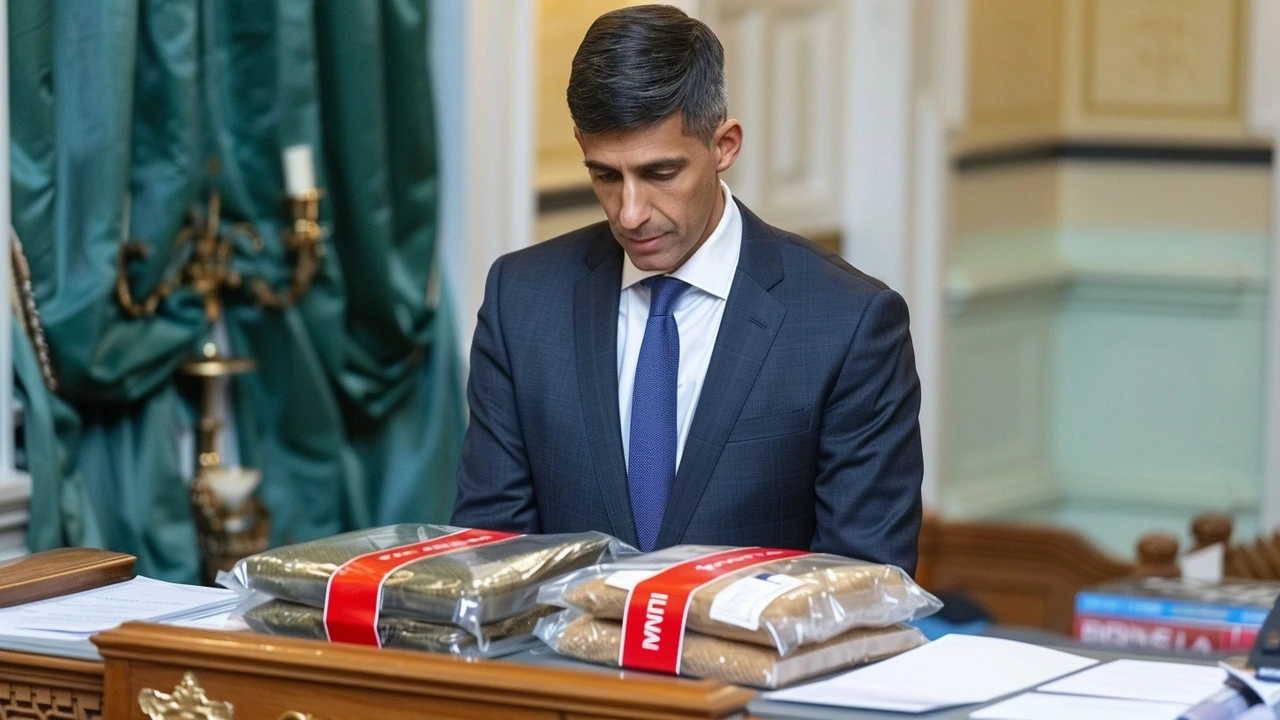Rishi Sunak: What You Need to Know
Rishi Sunak is the UK Prime Minister and leader of the Conservative Party. He rose quickly from chancellor to PM after Liz Truss's brief tenure. Trained in finance, he worked at Goldman Sachs and later joined politics, becoming known for his economic focus and cautious spending.
Sunak's time in office has centered on steadying the economy, tackling inflation, and managing public services without large tax rises. He prefers conservative fiscal policies: trimming spending, supporting business growth, and setting tight budgets. That approach wins approval from markets but draws criticism when public services feel the squeeze.
Key policies and priorities
He pushes policies that aim to balance growth and discipline. On taxes, Sunak avoids big hikes and looks for targeted relief to businesses and households. On energy, he backs domestic production while supporting green tech investments. His immigration stance mixes tighter border controls with selective skilled-worker routes to fill shortages.
Sunak also focuses on national security and defence, increasing cooperation with allies. He supports strong UK-US ties and a robust NATO role. These moves affect global trade patterns and investment flows, including links to Africa.
Why it matters to Africa
UK decisions under Sunak matter to African nations. Trade deals, visa rules, and aid budgets shape business and travel. The UK seeks trade and investment in sectors like energy, infrastructure, and fintech across the continent. Changes to migration policy affect diaspora communities and work visas for skilled professionals.
Sunak has spoken about partnerships with Commonwealth countries. That opens doors for joint projects and softer diplomacy. For African businesses, the UK market can be a source of capital and expertise, especially in fintech, renewable energy, and education partnerships.
Critics point to cuts in aid and tighter immigration rules as risks for development. Supporters argue fiscal discipline will keep the UK stable and attractive to investors. Both sides matter: stability brings investors, but reduced aid can slow projects that rely on donor funds.
What should readers watch? Look for announcements on trade deals, visa reforms, and energy funding. Also watch defence cooperation and climate finance pledges. These areas directly affect jobs, investment, and projects in African countries.
If you follow business or travel links with the UK, check new policies closely. Business leaders should scan for funding or procurement opportunities. Job-seekers in tech, health, and engineering should track visa routes and demand. Journalists and activists can monitor aid shifts and diplomacy moves.
Practical steps: subscribe to UK government trade updates, join industry groups, and contact local UK embassies for visa guidance. Small firms should map export requirements and consider joint ventures with British partners. NGOs can track aid calls and tender portals to spot new funding or partnerships quickly and legal compliance.
Sunak governs from a pragmatic, numbers-first angle. That makes his decisions somewhat predictable: fewer big swings, more technocratic fixes. For people across Africa, that means steady but cautious engagement — good for business stability, but not always for rapid development aid or sweeping migration changes.
